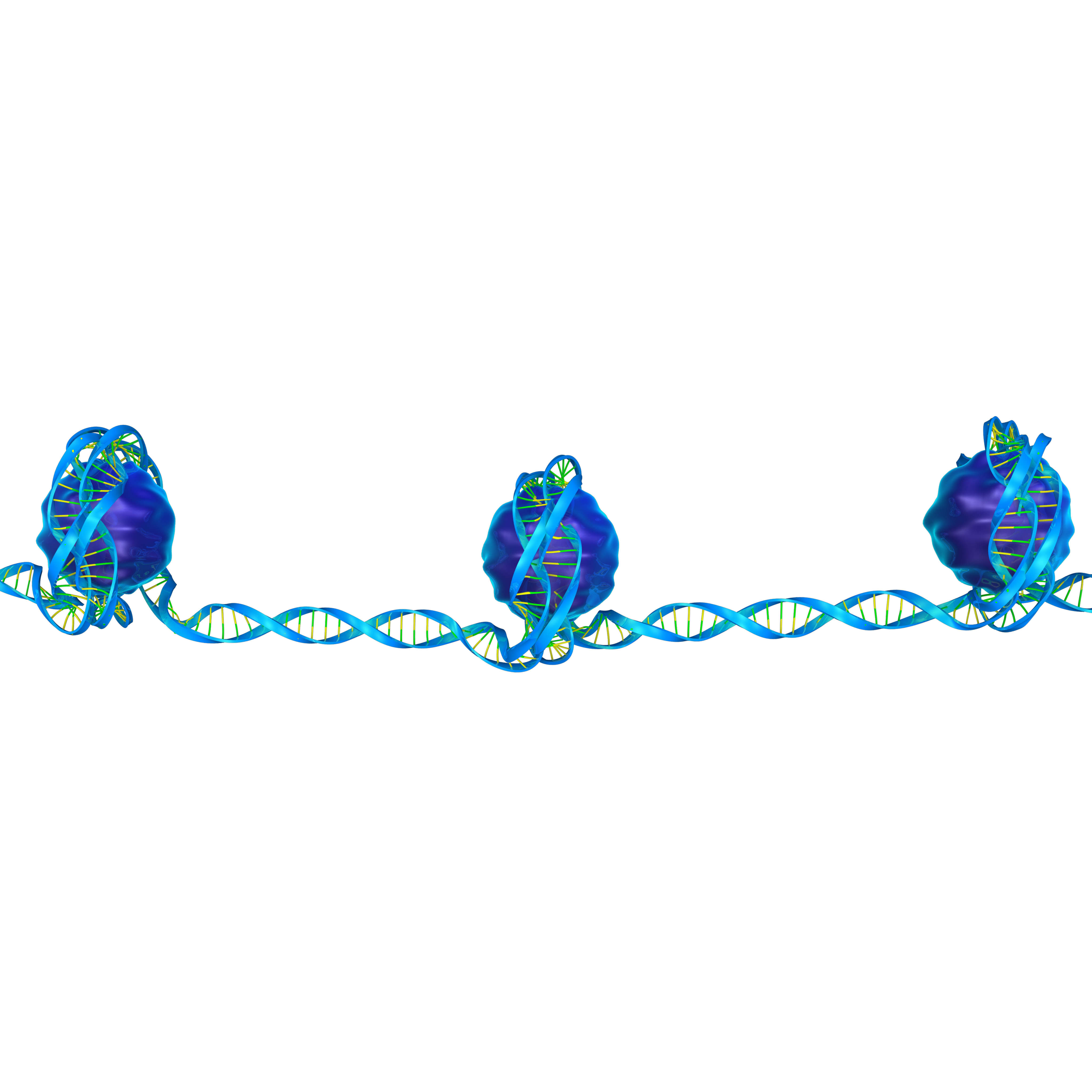Altering DNA Structure in Stem Cells Seen to Reactivate Frataxin Gene, if Briefly
Written by |

Altering the three-dimensional structure of DNA with pharmacological agents could reactivate the frataxin gene, the silencing of which causes Friedreich’s ataxia, according to new research. Although more work is needed, the finding could help scientists carry out detailed analyses of gene silencing mechanisms in such diseases, possibly leading to new treatment approaches.
The study, “Alleviating GAA repeat induced transcriptional silencing of the Friedreich’s ataxia gene during somatic cell reprogramming,” was published in the journal Stem Cells and Development.
Friedreich’s ataxia is a genetic neurodegenerative disease caused by the expansion of a three-letter repeat in the frataxin gene. This expansion causes the three-dimensional structure of the DNA to be altered, and results in the gene not being expressed. (Gene expression refers to the process by which a gene creates a working product, usually proteins.)
To assess whether reversing these changes in the DNA could reactivate the expression of the frataxin gene, and ease disease symptoms, a team of researchers from the U.S. and Poland reprogrammed human skin cells carrying the frataxin gene mutation to become induced pluripotent stem (IPS) cells.
IPS cells are cells that have the ability to develop into any specialized cell type in the body. They are artificially produced in the laboratory by reprogramming adult cells that have already differentiated to fulfill specialized roles.
While generating the IPS cells, the researchers used various small molecules that target DNA modifications. When they treated these IPS cells with sodium butyrate (NaB) and Parnate (tranylcypromine sulfate), they saw that the expression of frataxin was increased and the marks on the DNA that repress gene expression corrected.
Over time in the lab, however, keeping these epigenetically modified IPS cells in culture resulted in the progressive re-expansions of the three-letter repeat and a decrease in frataxin expression. Differentiation of these IPS cells into nerve cells also resulted in re-silencing of the frataxin gene.
Still, the researchers concluded that altering particular epigenetic modifications might reverse transcriptional repression caused by the three-letter repeat expansion.
Epigenetic modifications are heritable “tags” or modifications in the DNA that control how cells read genes. They can determine the way cells differentiate into specialized cells, such as skin, liver, or brain cells, but can also lead to disease.





